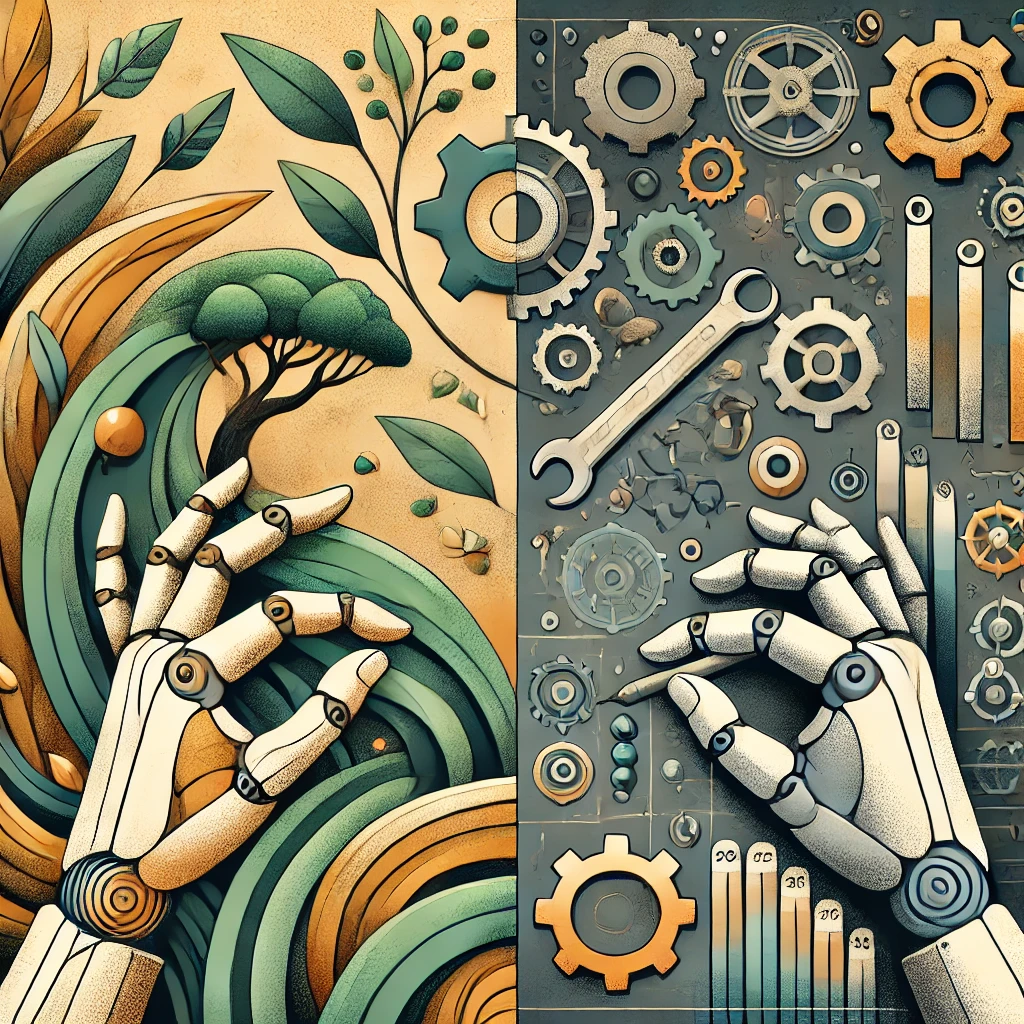Organic Skills are the New Soft Skills
 I’ve been interested for a long time in the idea of soft skills. I even helped produce a podcast focused on this called Skilled by Design. Tom Bay has done a lot of work in this arena. As has Seth Godin.
I’ve been interested for a long time in the idea of soft skills. I even helped produce a podcast focused on this called Skilled by Design. Tom Bay has done a lot of work in this arena. As has Seth Godin.
I recently found Dr. Marvin Berkowitz’s book PRIMED for Character Education: Six Design Principles for School Improvement to have the best definition, and one that I will adopt and use frequently. I only wish I had come up with it.
I use the notions of organic vs. mechanical concepts, metaphors, and terminology. So much of what we say and do in education is framed in terms of mechanics. We teach. We transfer knowledge. We control behavior. We manage classrooms. We engineer school change. And so on. Instead, I want to hear us talking about and enacting more organic processes. We should nurture learning and development. We should foster understanding and human flourishing. We should educate for character. Humans are organic entities (p. 5).
Organic skills are what have traditionally been termed the soft skills. The beauty of this view is that they are the skills that continue to grow and develop. You can’t perfect these skills, for as soon as you are proficient, a new level is unlocked.
Mechanistic1 skills are the hard skills of math, engineering, and science. There’s a definitive answer. There’s a clear evidence of mastery. It’s less context-dependent. You can make a multiple choice test on mechanistic skills, but if you try to make a multiple choice test on organic skills, you’re sure to have some argument.
-
Or mechanical, but I prefer mechanistic, so it rhymes with organic ↩